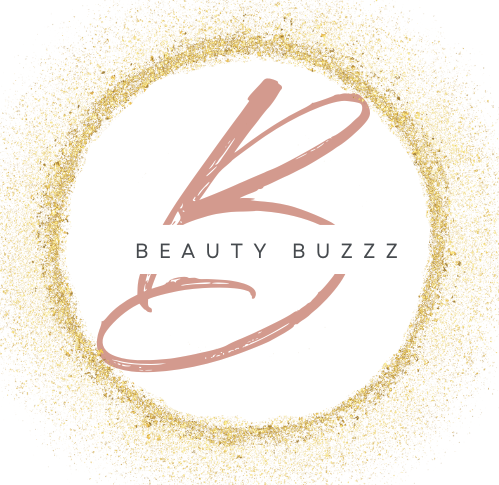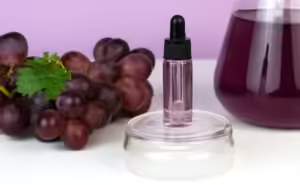Top 10 Anti-Aging Ingredients You Need in Your Skincare Routine
Aging is a natural process, but with the right skincare ingredients, you can significantly mitigate its visible effects. As your skin matures, it becomes essential to adopt a targeted routine to combat issues like fine lines, wrinkles, and loss of elasticity. Below, we delve into the top 10 anti-aging ingredients that should be staples in your skincare regimen, along with their benefits and how to use them effectively.
1. Retinol (Vitamin A)
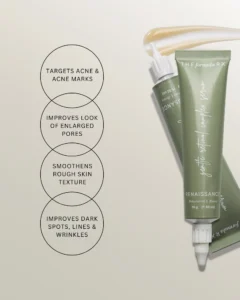
Retinol is often hailed as the gold standard in anti-aging skincare for good reason. This potent derivative of Vitamin A works by stimulating collagen production and accelerating cell turnover, which can help reduce the appearance of fine lines and wrinkles.
- How to Use: Begin with a low concentration (0.25% to 0.5%) and apply it at night, as it can make your skin more sensitive to the sun. Gradually increase the frequency of use to every other night and eventually nightly, depending on your skin’s tolerance.
- Benefits: In addition to reducing wrinkles, retinol can improve skin texture and tone, making it a must-have for anyone concerned about aging.
2. Hyaluronic Acid

Hyaluronic acid is a powerhouse hydrator that plays a crucial role in maintaining skin moisture. It can hold up to 1,000 times its weight in water, which helps to plump the skin and reduce the appearance of fine lines caused by dryness.
- How to Use: Incorporate a serum with hyaluronic acid into your routine after cleansing. Apply it to damp skin to maximize hydration benefits, followed by a moisturizer to seal in moisture.
- Benefits: Regular use of hyaluronic acid helps maintain skin hydration, leading to a dewy and youthful appearance.
3. Vitamin C (Ascorbic Acid)
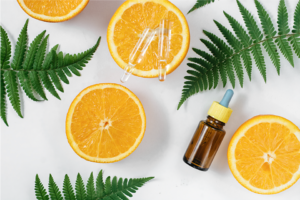
Vitamin C is a potent antioxidant that protects the skin from free radical damage caused by UV rays and pollution. It also plays a crucial role in collagen synthesis, which helps maintain skin firmness and elasticity.
- How to Use: Use a Vitamin C serum in the morning after cleansing and before moisturizing. Look for formulations with stable forms of Vitamin C, such as L-ascorbic acid.
- Benefits: Vitamin C can brighten the complexion, reduce dark spots, and enhance overall skin tone, giving you a radiant glow.
4. Peptides

Peptides are small chains of amino acids that serve as building blocks for proteins in the skin, including collagen and elastin. They signal the skin to repair itself, leading to improved firmness and elasticity.
- How to Use: Look for serums and creams that contain peptides and apply them after your Vitamin C serum. They can be used both morning and night.
- Benefits: Peptides can help minimize the appearance of wrinkles and improve skin texture, making them essential for anti-aging.
5. Niacinamide (Vitamin B3)
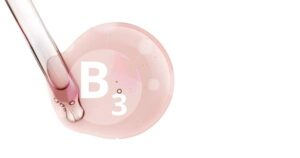
Niacinamide is a versatile ingredient known for its ability to improve skin barrier function, increase hydration, and even skin tone. It has anti-inflammatory properties, making it suitable for sensitive and acne-prone skin.
- How to Use: Incorporate niacinamide into your routine by using a serum or moisturizer that contains it, applying it after cleansing and before heavier creams.
- Benefits: Regular use of niacinamide can result in smoother, more even-toned skin while reducing the appearance of enlarged pores.
6. Alpha Hydroxy Acids (AHAs)
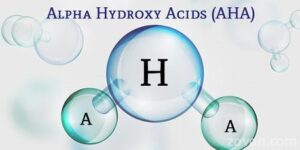
AHAs, such as glycolic and lactic acid, are exfoliating acids that help remove dead skin cells from the surface of the skin. This process encourages cell turnover, revealing fresher, more youthful skin underneath.
- How to Use: Use AHAs in the form of serums, toners, or masks. Start with a low concentration and gradually increase usage to avoid irritation. Incorporate them into your routine 1-2 times a week.
- Benefits: AHAs can improve skin texture, reduce the appearance of fine lines, and enhance overall radiance.
7. Beta Hydroxy Acids (BHAs)

Salicylic acid, the most common BHA, is an excellent choice for those with oily or acne-prone skin. It penetrates pores to remove excess oil and dead skin cells, helping to prevent breakouts and improve skin texture.
- How to Use: Use BHA products in a cleanser or serum form, applying them after cleansing. They can be used daily or as needed, depending on your skin type.
- Benefits: BHAs help to refine pores and reduce blemishes, making them a valuable addition to an anti-aging routine.
8. Coenzyme Q10 (Ubiquinone)
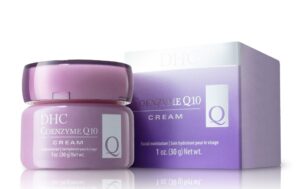
Coenzyme Q10 is a powerful antioxidant that helps to protect the skin from oxidative stress. It plays a crucial role in energy production within skin cells, promoting cell renewal and repair.
- How to Use: Look for creams or serums containing CoQ10 and apply them after your serums and before your moisturizer.
- Benefits: Coenzyme Q10 can enhance skin elasticity and improve overall skin tone, helping to maintain a youthful appearance.
9. Resveratrol
Resveratrol, a compound found in grapes and berries, is renowned for its antioxidant properties. It helps protect the skin from environmental damage and has anti-inflammatory benefits, making it a fantastic anti-aging ingredient.
- How to Use: Use serums or creams that contain resveratrol, applying them after cleansing and before moisturizing.
- Benefits: Resveratrol can help improve skin texture, reduce the appearance of fine lines, and promote a brighter complexion.
10. Sunscreen (Broad-Spectrum SPF)
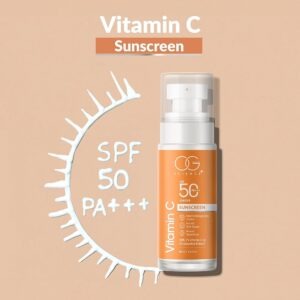
While it’s not a topical ingredient in the traditional sense, sunscreen is the most critical component of any anti-aging skincare routine. Daily use of broad-spectrum sunscreen protects the skin from harmful UV rays, which are the primary cause of premature aging.
- How to Use: Apply a broad-spectrum sunscreen with an SPF of 30 or higher every morning, even on cloudy days. Reapply every two hours if you are outdoors.
- Benefits: Consistent use of sunscreen prevents sun damage, dark spots, and wrinkles, ensuring your skin remains youthful and healthy.
Final Thoughts
Incorporating these top 10 anti-aging ingredients into your skincare routine can significantly enhance your skin’s health and appearance. Remember, consistency is key; it may take time to see results, so be patient and stick to your routine. Always consult with a dermatologist before introducing new products, especially if you have sensitive skin or specific concerns. By investing in quality ingredients and practicing sun protection, you can age gracefully and maintain a vibrant, youthful complexion for years to come.
